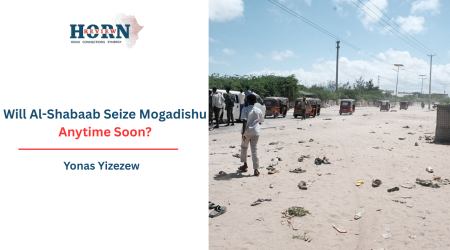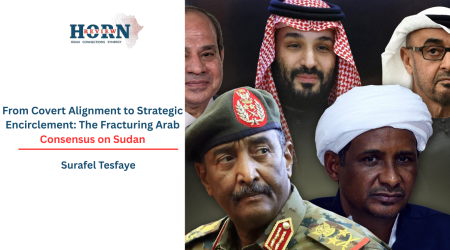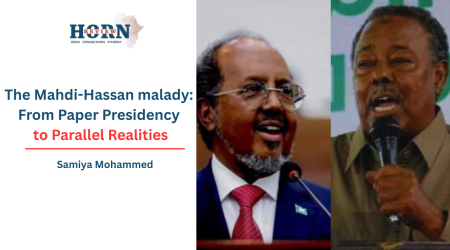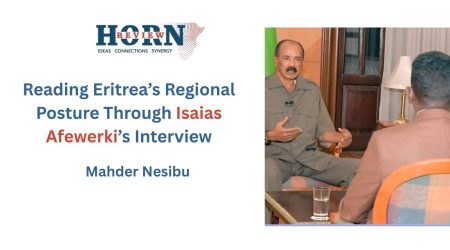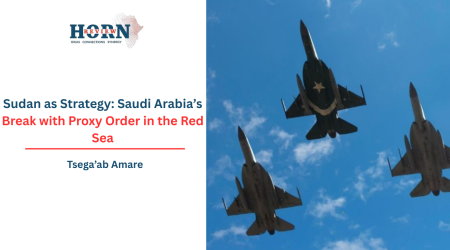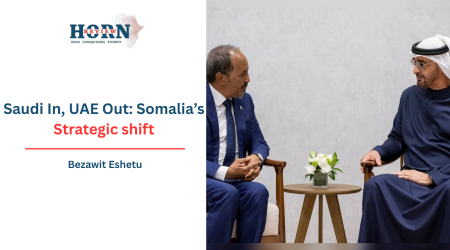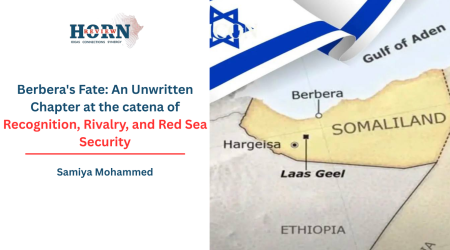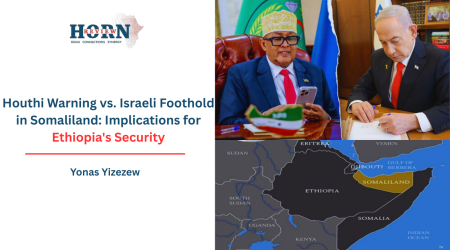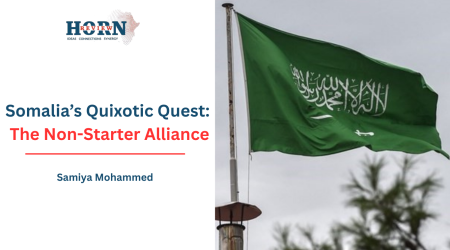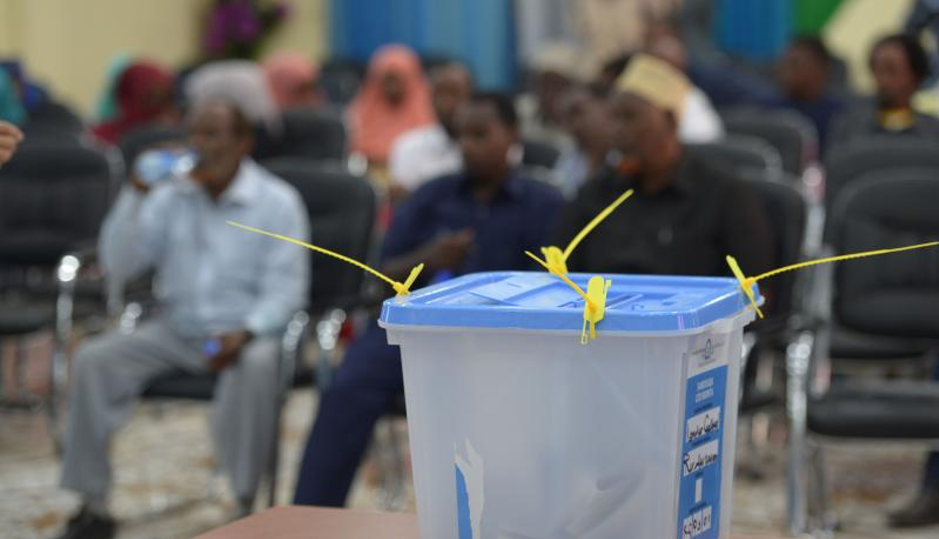
11
Oct
Somalia’s Elections: Prospects amid Structural Uncertainty
The prospect of Somalia holding national elections in 2026 is presented as a milestone in the effort to consolidate state institutions after decades of conflict and fragmentation. Yet this development arises in a landscape defined by volatility. Large portions of the country remain either under the operational control of Al-Shabaab or dependent on fragile local administrations backed by international peacekeepers. The absence of uniform state authority has left Somalia without the territorial or institutional infrastructure required for a fully credible electoral exercise. Elections in this setting signal aspiration, but they emerge from conditions that make their success profoundly uncertain.
The internal architecture of Somali politics reinforces these obstacles. Since the transitional period of the early 2000s, the 4.5 clan-based power-sharing formula has regulated access to political office, distributing parliamentary seats among four major clans while allocating a fraction to minorities. This system provided a temporary cordon of containment at moments of extreme fragility, yet over time it entrenched identity politics as the principal logic of representation. As Somalia moves toward 2026, this formula constrains political innovation, sustaining an order in which elite bargaining determines outcomes and citizen participation remains marginal. Reform efforts that sought to expand universal suffrage faltered repeatedly, delayed by insecurity, administrative incapacity, and resistance from those invested in the status quo. What emerges is not a contest over policy but a recalibration of clan alignments under the banner of elections.
Scepticism is reinforced by Somalia’s track record of postponements. The 2021 polls, for example, were delayed by nearly two years due to disputes over procedures and the inability of federal and state authorities to align their frameworks. The same dynamics persist today: Al-Shabaab’s capacity to disrupt governance remains formidable, mass displacement continues to undermine registration efforts, and relations between Mogadishu and federal member states oscillate between tactical cooperation and open confrontation. The National Independent Electoral Commission lacks the resilience to administer a process at scale, and the judiciary is ill-prepared to arbitrate disputes. In such an environment, elections risk producing contestation rather than resolution, offering new entry points for insurgent groups to discredit the state.
The regional and international dimensions add further complexity. Somalia occupies a strategic position on the Gulf of Aden and the wider Indian Ocean, making its internal politics inseparable from external competition. Gulf states, Turkey, and Western donors project influence through security partnerships, economic concessions, and direct political engagement. As elections approach, these actors are unlikely to adopt a posture of neutrality; rather, they will attempt to shape leadership outcomes to secure favourable alignments. This projection of external power risks turning the Somali ballot into an arena of geopolitical bargaining, in which domestic legitimacy becomes conditional on foreign endorsement.
These dynamics illustrate that Somalia’s electoral horizon is less a linear trajectory toward democratization than a precarious exercise under formidable constraints. The attempt to organize elections signals the will to normalize governance, but the prerequisites of success—territorial control, credible administration, political reform, and reduced external intervention—remain distant. Even if the vote is held, it is unlikely to resolve the underlying question of Somalia’s statehood, which continues to rest on fragile foundations of elite consensus, external security guarantees, and uneven authority across its territory.
For international partners, the challenge lies in balancing symbolic milestones with structural realities. A singular focus on the ballot risks conflating the appearance of progress with the substance of consolidation. Genuine state-building requires accountable institutions, inclusive economic frameworks, and security arrangements that extend beyond enclave governance. Yet underinvestment in the electoral process could fracture the fragile compact achieved so far, emboldening Al-Shabaab and weakening public confidence. The dilemma, therefore, is whether to prioritize the procedural achievement of elections or the broader strategic imperative of stability.
These elections encapsulate the dilemmas of post-conflict state-building. They reveal the tension between procedural democracy and substantive governance, the persistence of clan politics as both a stabilizer and an impediment, and the projection of foreign influence into a fragile domestic arena. The stakes extend beyond the mechanics of balloting and reflect the broader contest over Somalia’s sovereignty and its capacity to define its own trajectory. Unless structural deficits are addressed, elections—however celebrated—may reinforce fragility rather than reshape it into a foundation for durable stability.
By Mahder Nesibu, Researcher, Horn Review

